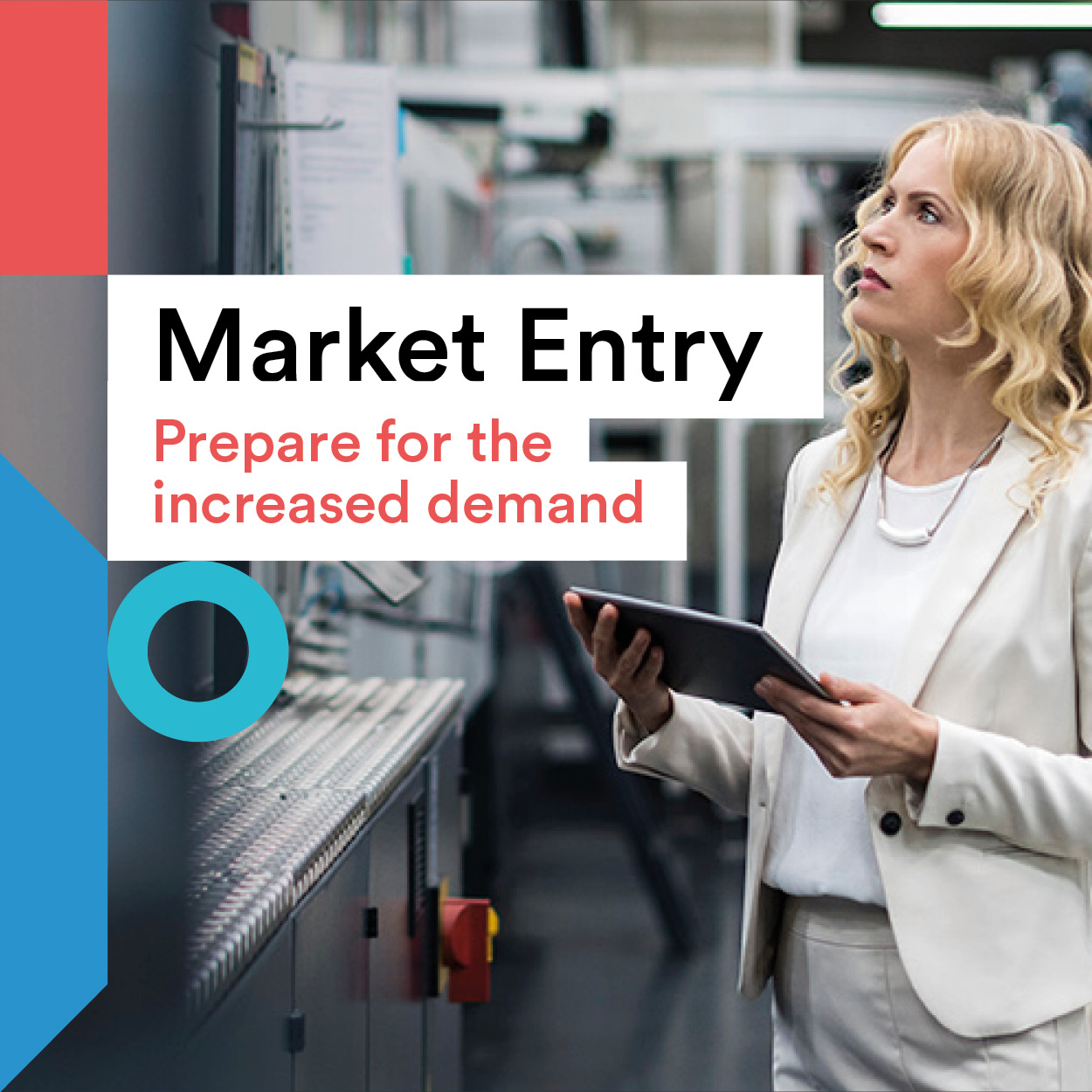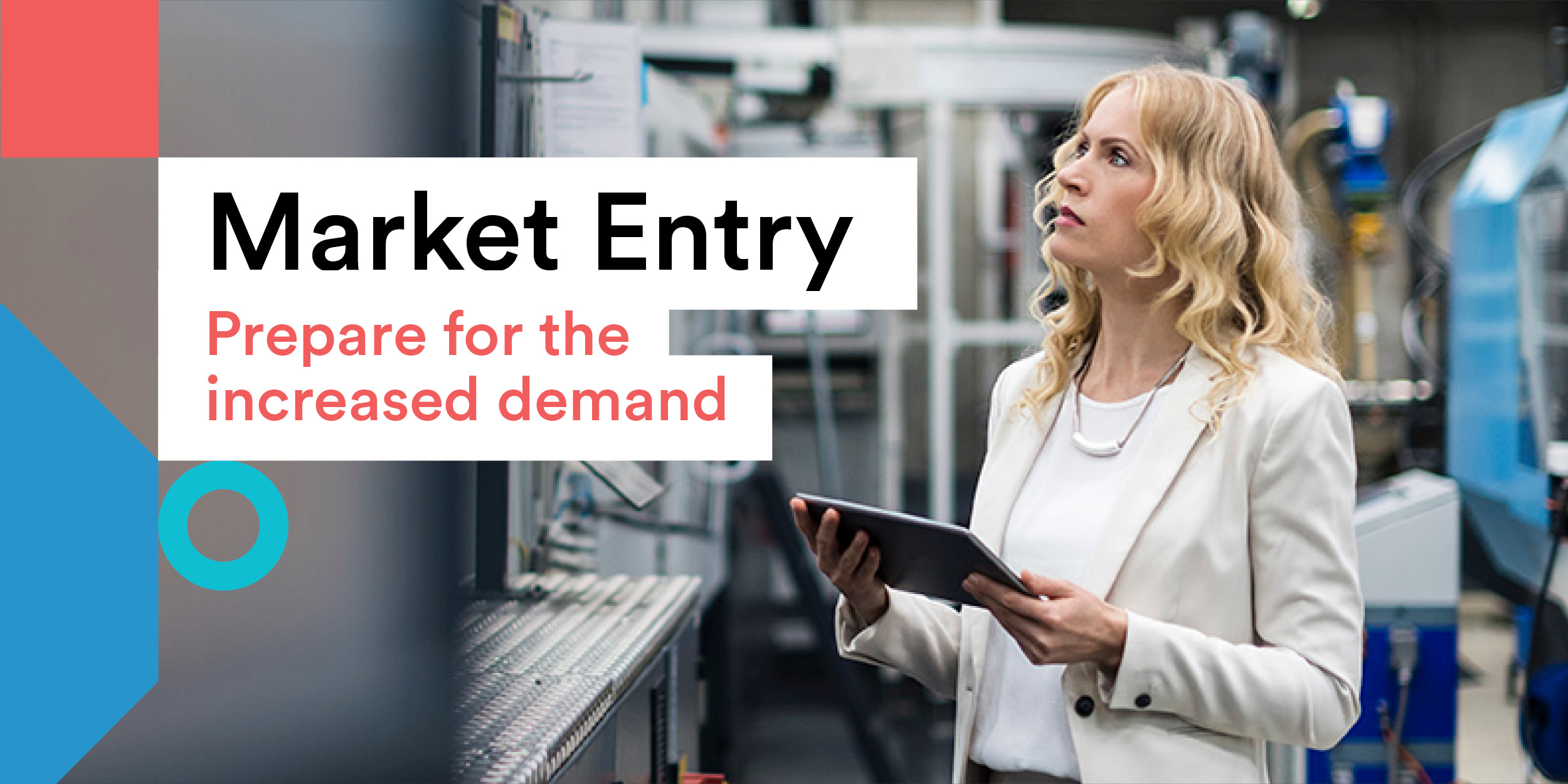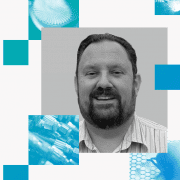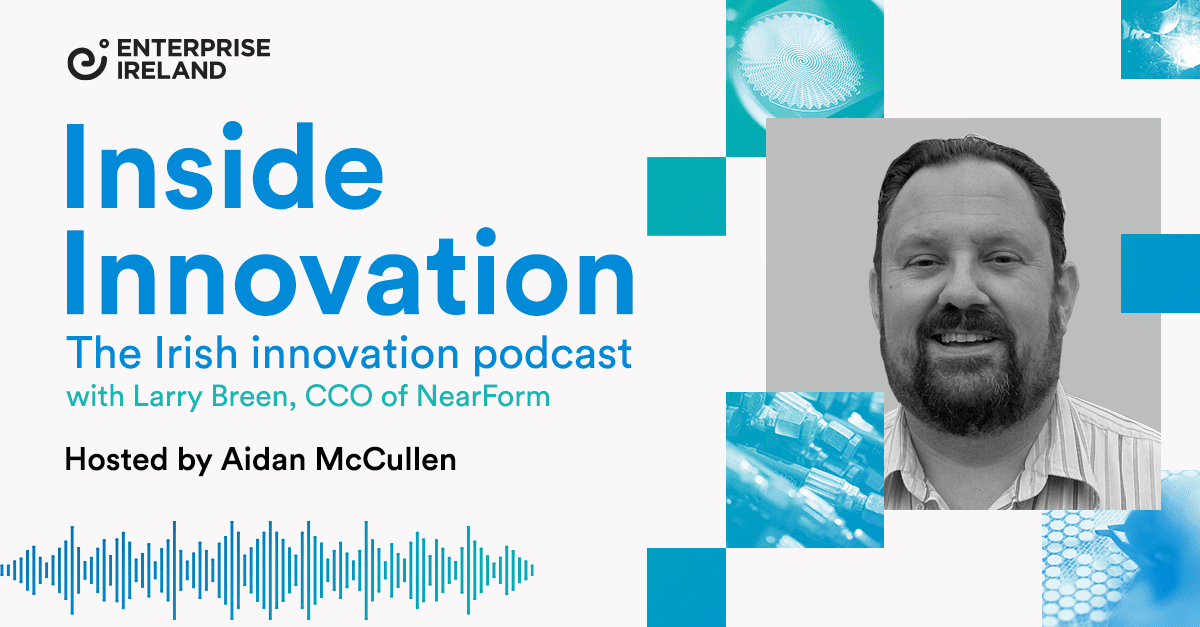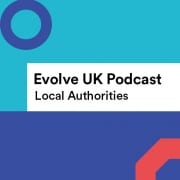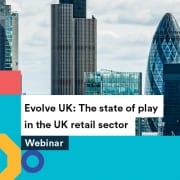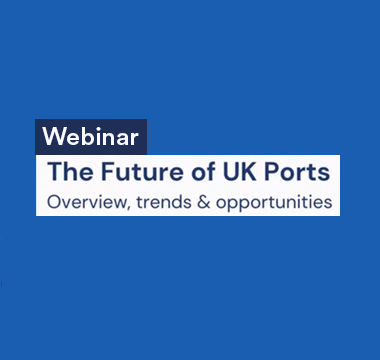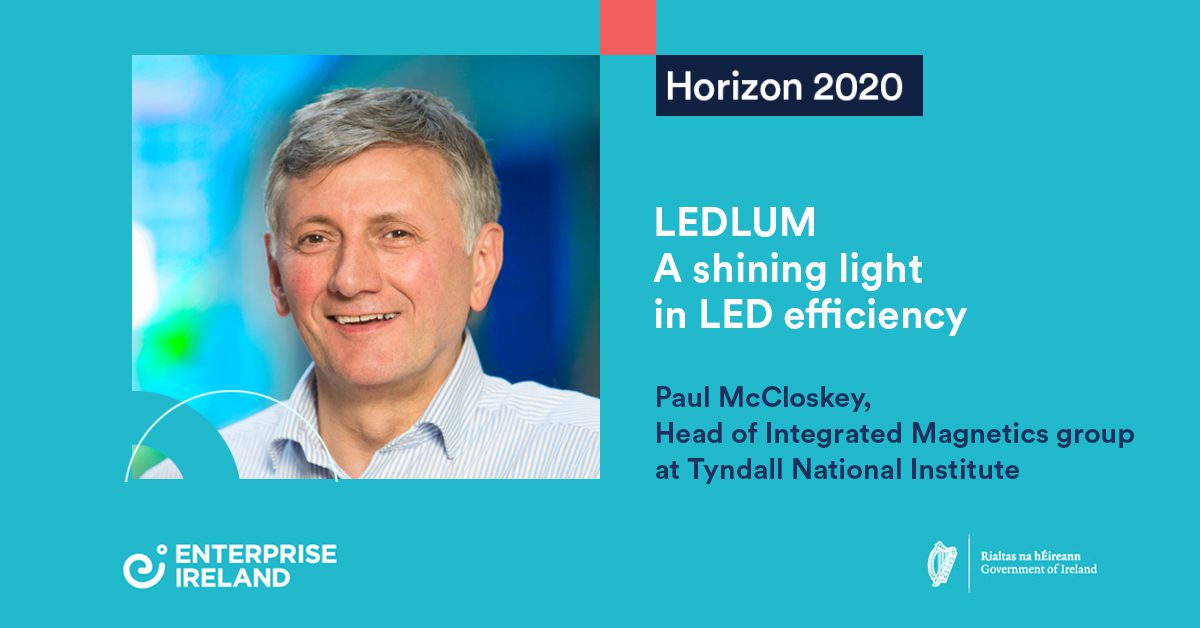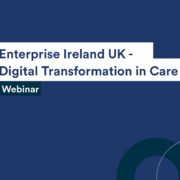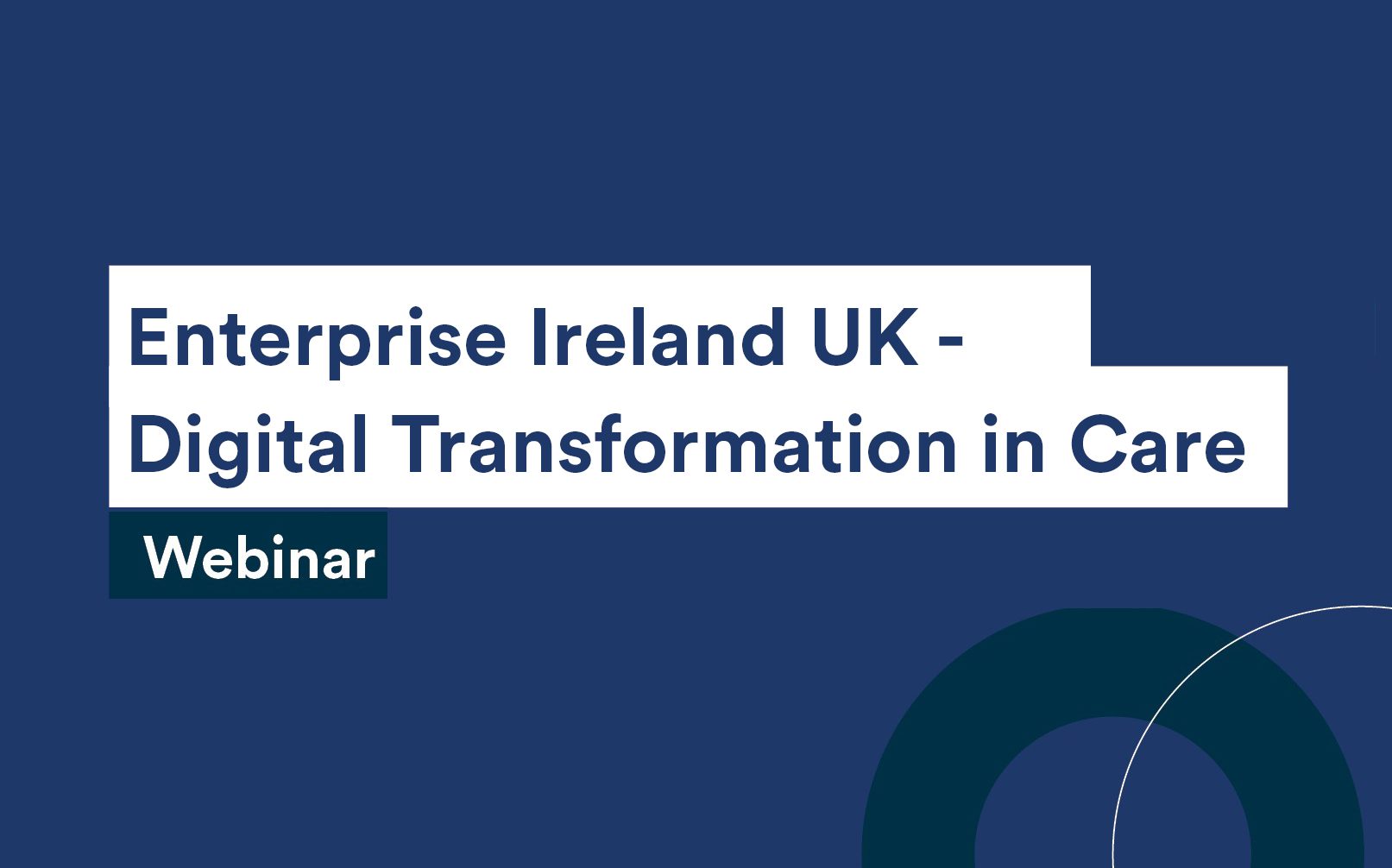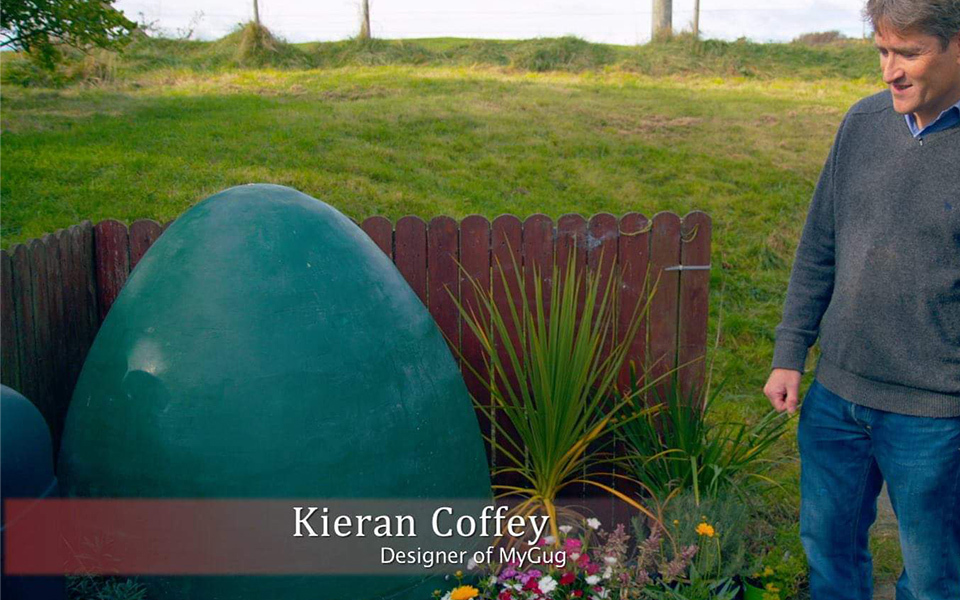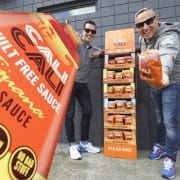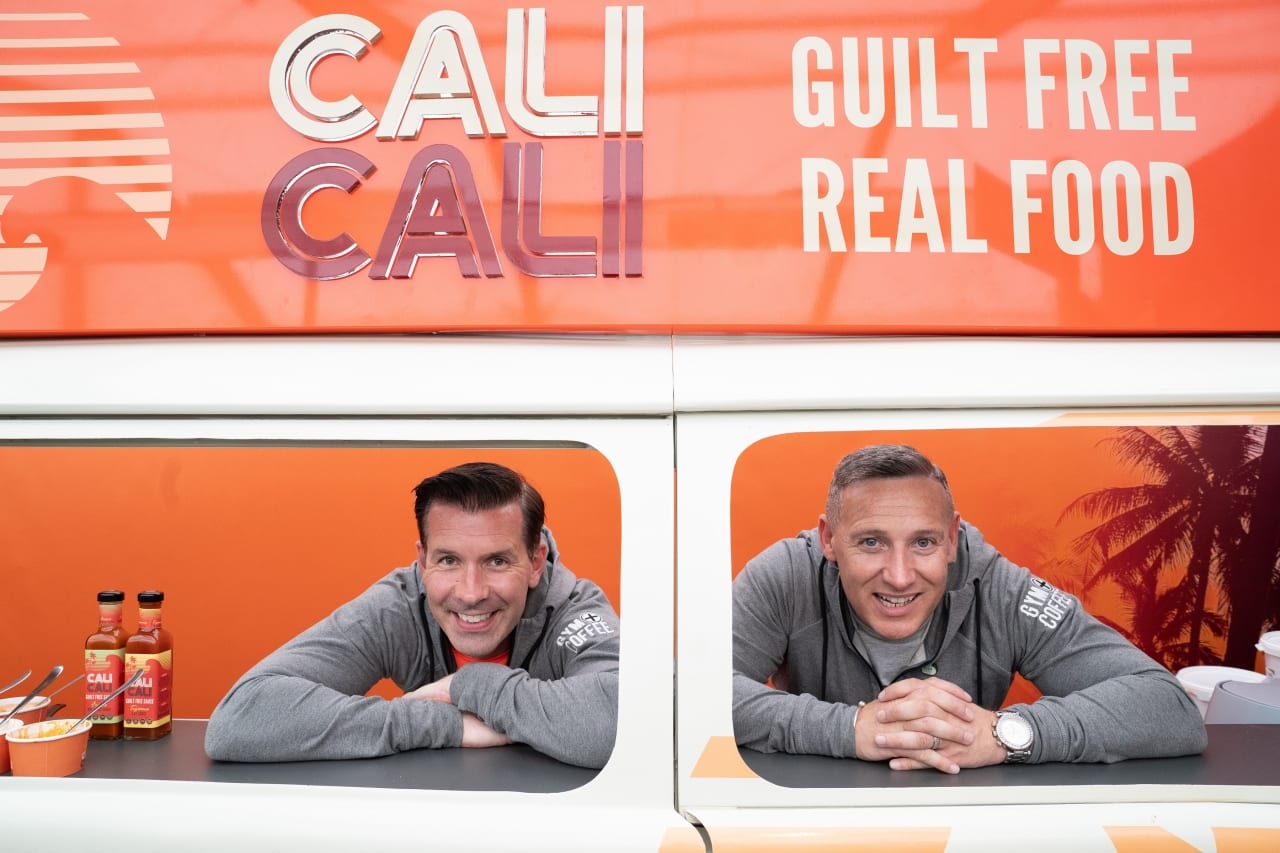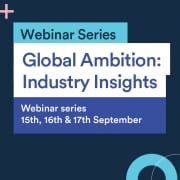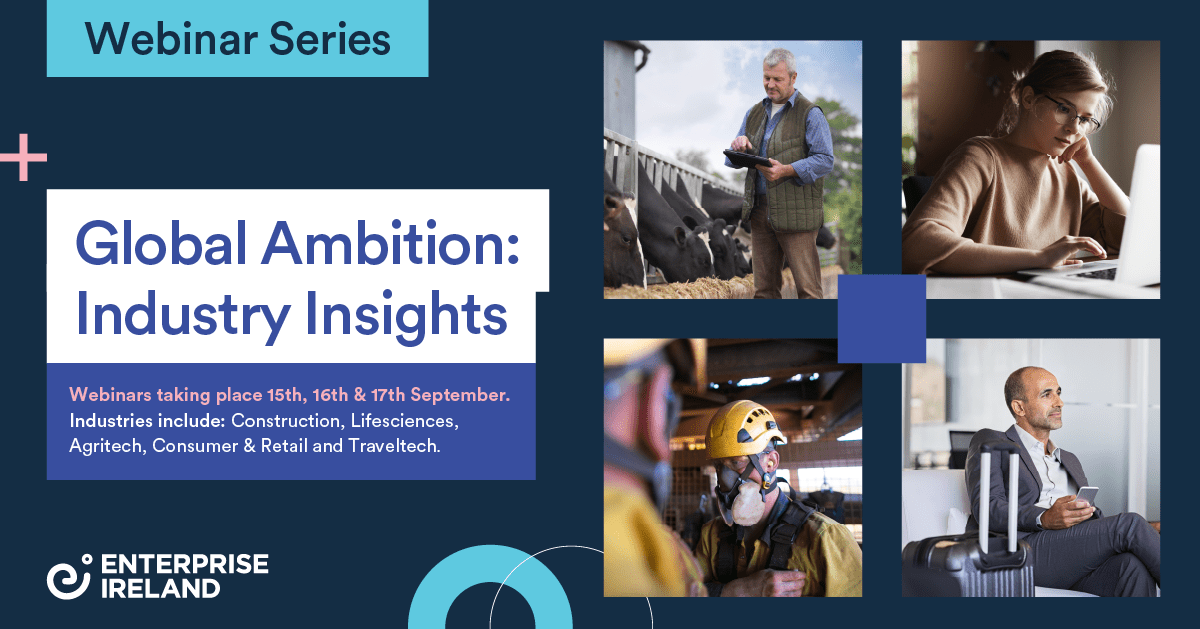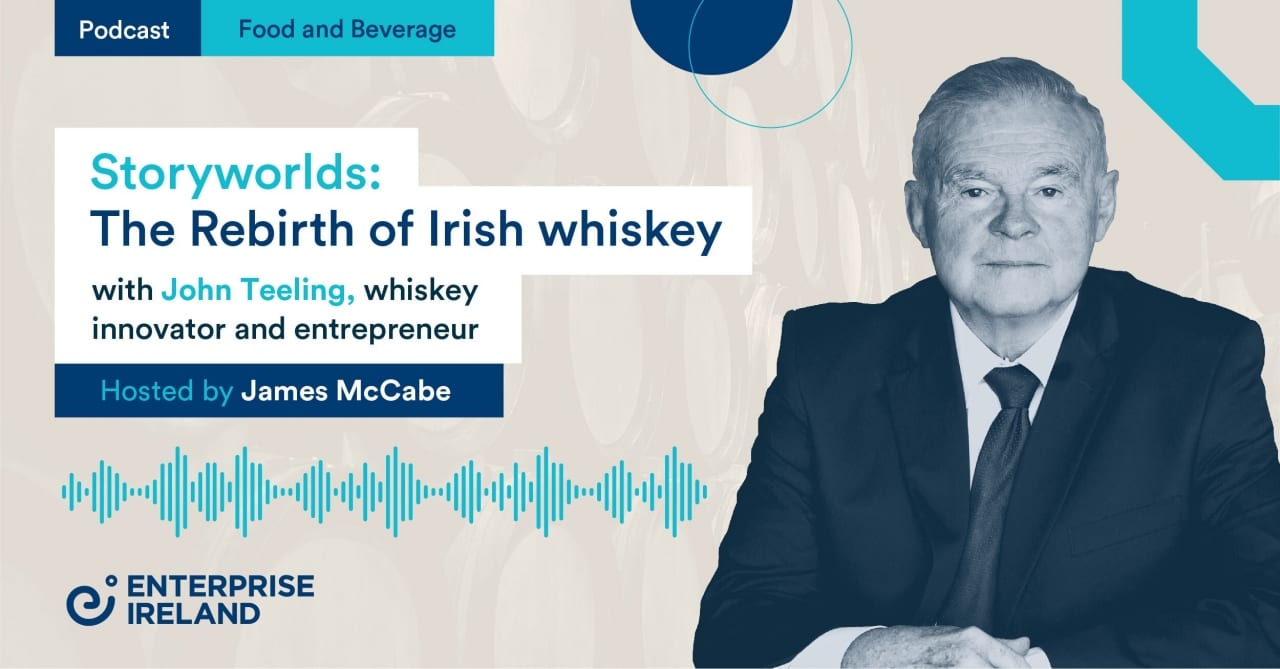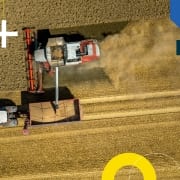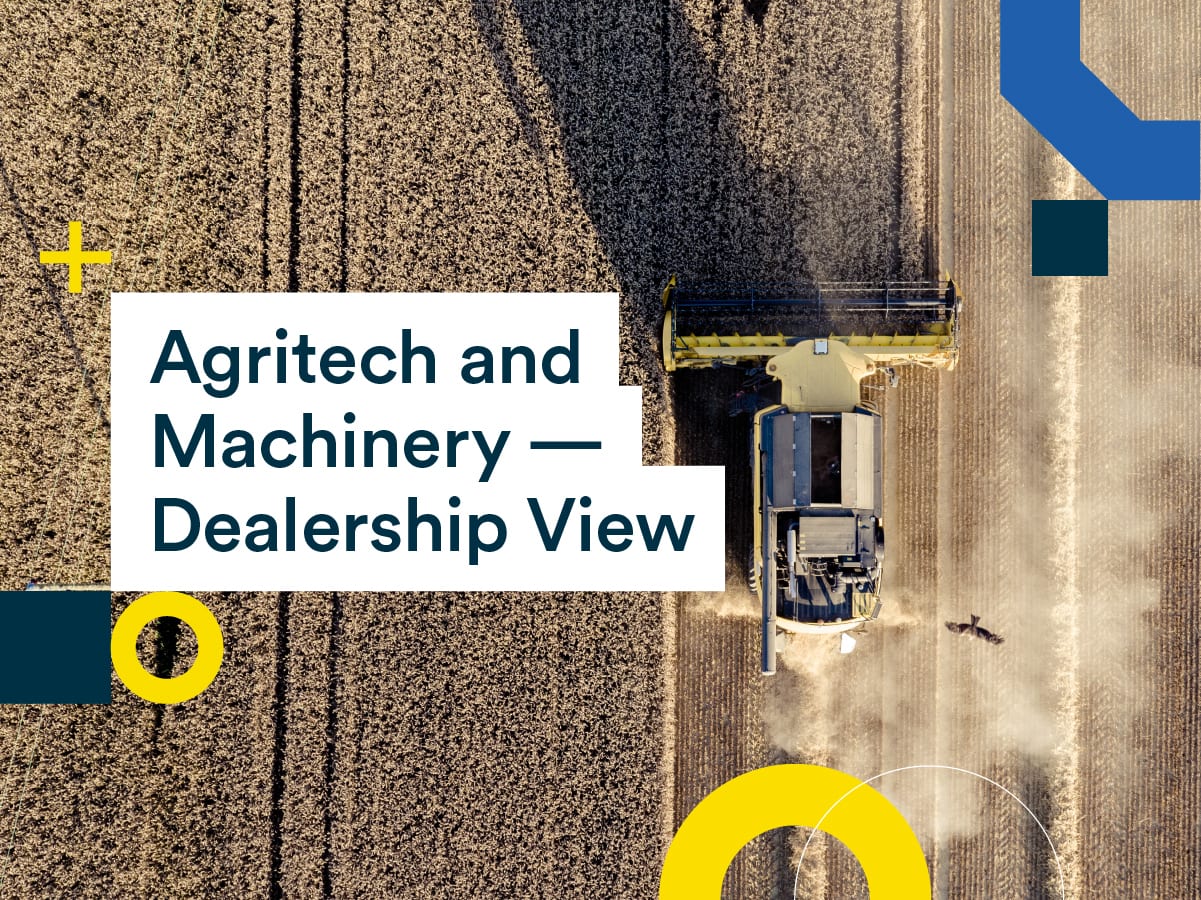Export Journey: Step 5 – Market Entry
Your next priority is for the execution of your company’s vision within new export markets. Key to this will be preparing the company for this change and subsequent increased demand from and servicing of new export markets.
Consideration for a successful market entry should include;
1.Identify and allocate adequate resources such as:
-
- Financial resources i.e. cash required to sufficiently support overseas exports
- Additional equipment or fixed assets needed to increase volume or backup global sales
- People, including staff, suppliers or other valuable relationships in Ireland or overseas
2. Defining where your first sales will come from
Will your customers be a distributor which imports in larger quantities, or an overseas agenct or representative acting on your behalf or will it be a separate trading company of your own business?
3. Developing your lead generation strategy
Supports will need to be assigned to generate business leads. Will they be predominantly offline, online or a hybrid?
Offline: fairs, events, conferences, network meetings or
Online: website, social media, blogs etc.
You will need to qualify and validate the leads, managing them through a Customer Relationship Management (CMS) system such as Salesforce.
4. Marketing and communications
Implementing a successful marketing and communication plan is vital for sustained sales in export markets.
When developing a plan, it is important not to do a ‘copy and paste’ of the same marketing strategy from your domestic market as these are likely completely disparate territories. While it is logical that you should retain your company values and purpose, you will need to adapt your marketing and communications strategy to your new export market
5. Implementing a sales process
By implementing a sales process, you are creating a set of logical, repeatable steps that your sales team goes through to bring a potential buyer from an early stage of awareness to closing the sale. There are various stages that need to be considered in developing an effective sales process, such as;
a) How will your company cultivate your sales leads?
b) What preparation will you commit to in order to be ready to capture an overseas sale?
c) What will be your sales teams approach to a prospective buyer?
d) How will you adequately present or pitch your sales in an overseas market?
e) Is your team setup to deal with buyer objections or queries?
f) Have you experience in closing a sale in an overseas market?
g) What follow-up work will be done post buyer presentation?
6. Relationship building
Relationship building is a key factor in developing sustained sales in export markets. Any company considering to expand globally is undoubtedly looking for a return on their initial investment, and companies looking for better business returns are strongly encouraged to place an emphasis on relationship building.
Companies can quite often focus on the transactional, revenue generation portion before they consider relationship building. However, as is the case in much of the world, relationships based on mutual respect and trust outplay singular transactions. Relationships need to be worked on and require different approaches for different markets.

